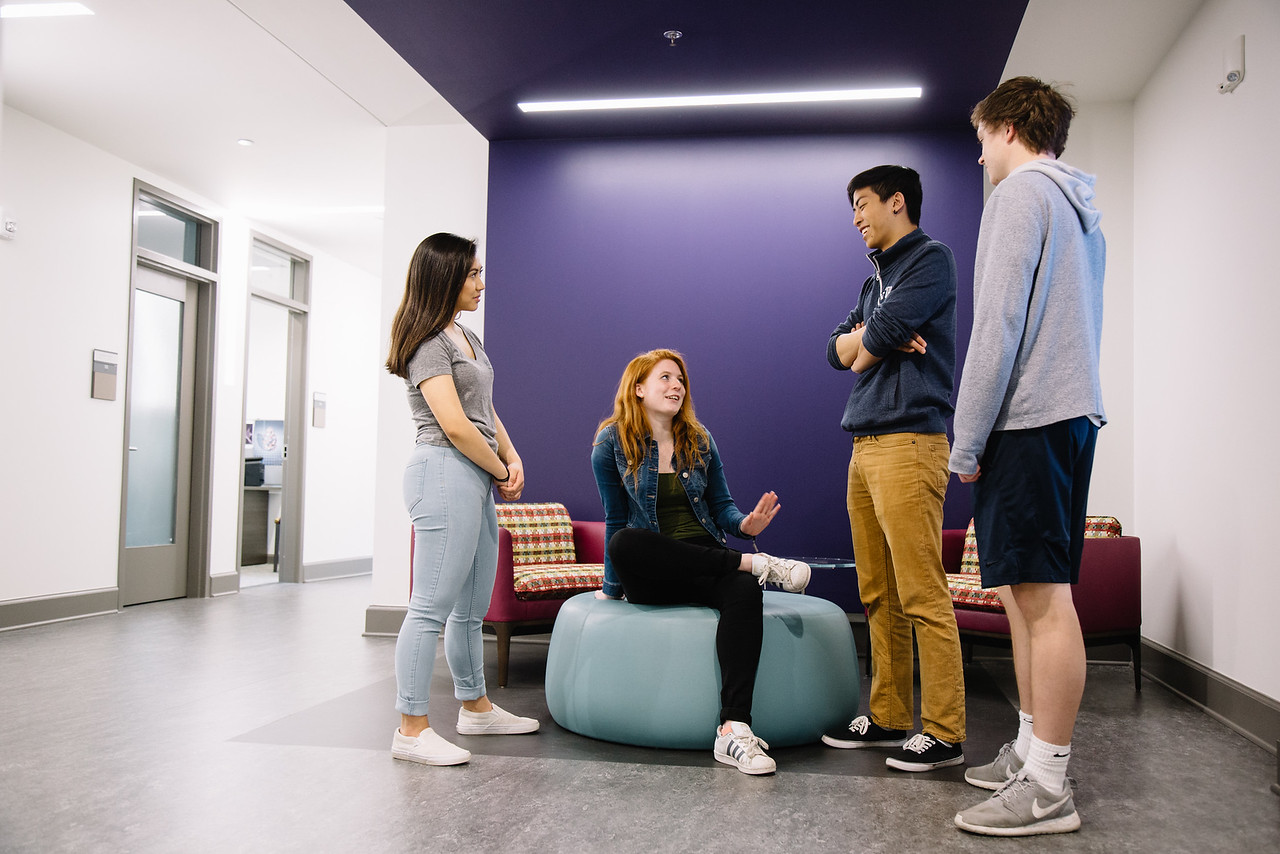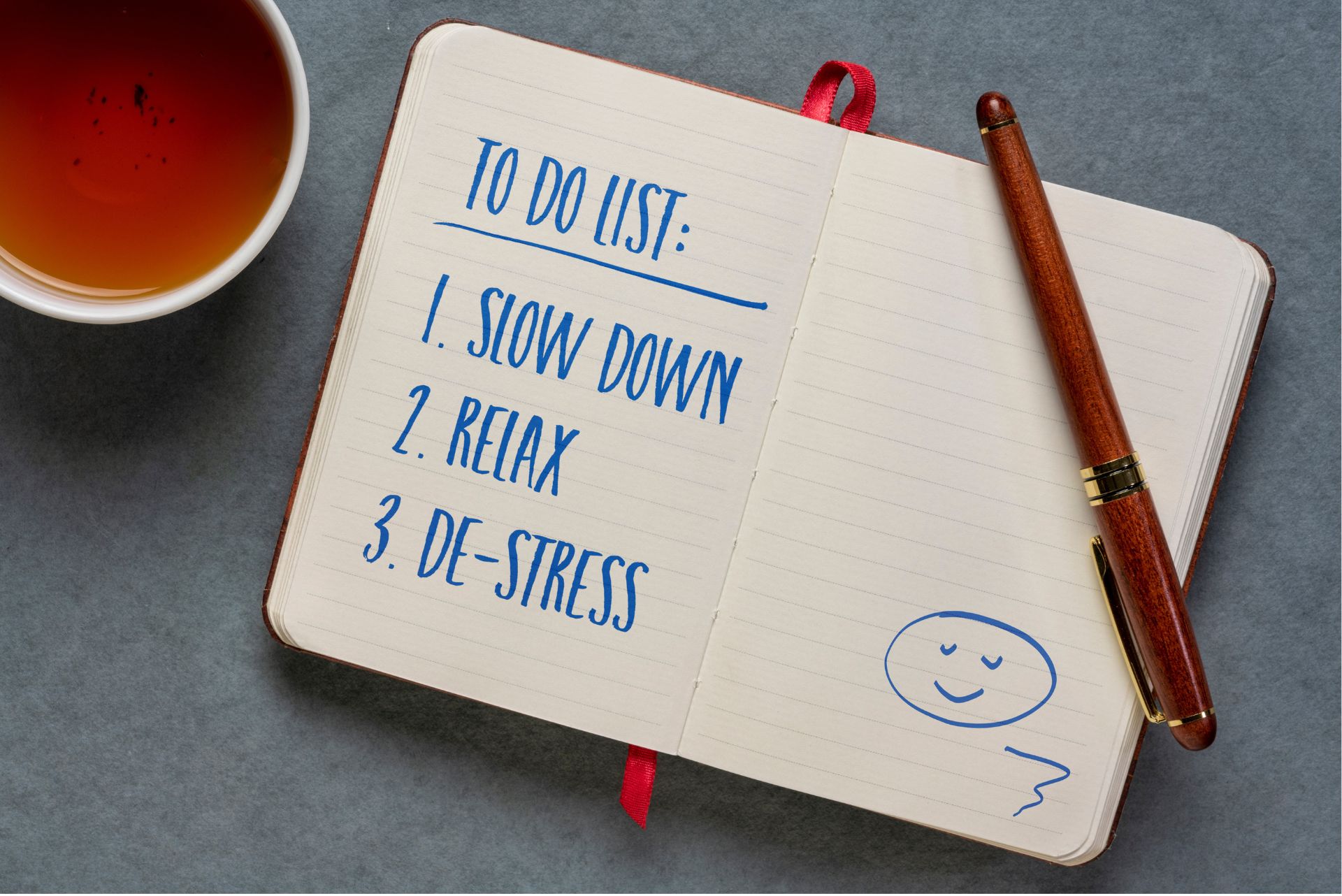Scott is a Vice Dean of Admission here at Emory University and has been in…
Strong Personal Statements: Use rhetoric to engage your reader

We’re sharing exceptional personal statements from last year’s applicants to illustrate that a good personal statement can be on a variety of topics, but ultimately, showcases the student’s character, curiosity, and voice. These statements, written by students now enrolled at Emory University, were selected for many reasons, and we asked our admission staff to share what made each statement stand out.
This is Part 1 of a 5-part series on application writing; read Part 2 here, Part 3 here, Part 4 here, and Part 5 here.
Tell a story from your life, describing an experience that either demonstrates your character or helped to shape it.
“How prone to doubt, how cautious are the wise!”
-Homer
“D’oh!”
-Homer Simpson
I’m not a philosopher; eloquence eludes me, the meaning of life is unquestioned, and thinking, beyond what is required to carry out a potential, is postponed to a more leisurely time. I’ve experienced doubt, and proceeded with caution; and in my experience, I’ve learned to discard unnecessary thought and conventional wisdom in favor of progress. Philosophy amounts to nothing unless it results in action.
“You’re kidding.” Scanning my schedule, my classmate shakes her head. “Why didn’t you take Dual Credit?” During Junior year, my high school began to incentivize Dual Credit courses with a GPA multiplier. Advertised to be less demanding than an AP class, Dual Credit was extolled as the wise man’s curriculum. So, mustering all the wisdom I had, I took 6 AP classes, and frankly, I enjoyed their depth. When it comes to education, I’m not cautious – and I’m prone to doubt. I just act. If I want chemistry, then I get chemistry; if I’m intrigued by psychology, then I pursue psychology. There is no point in pondering the inevitable; I am determined to take educational opportunities. I’ll judge the difficulty for myself after I complete it.
The practice of prioritizing action has proved useful in my pursuits. In ninth grade, I could have doubted my capability; instead I ran for office in the school’s health club and earned a position in the eleventh grade. That year, there was a debate amongst the members over meeting schedules: if the Technology Students Association meeting coincided with ours, how would we attract new members? As the club officers weighed the costs and benefits amongst themselves, I left the meeting and signed up for the technology club, discussed an agreement, and voted for the technology club to move its meetings to the second half of lunch before scheduling the Health club meetings for the first half. Did it require thinking? No. Eloquence? Hardly. Contrary to the anticipated speeches and club-based patriotism, it only took clear action and a request to solve the conflict. Attendance increased, and as a bonus, I enjoyed a continued membership with both organizations.
Beyond the sphere of public education, doubt-free determination facilitated my impact in the community. I am seventeen; I cannot vote in the upcoming elections. However, that does not mean I will hesitate to make a mark with my city. Small actions, from teaching addition to a church member’s kindergartener to tutoring three classmates for the SAT, matter in the long run. Can a teenage end world hunger? Doubtful; but by pulling weeds from the community garden, I can further progress one step at a time.
Not all actions end successfully. However, between cautious wisdom and failure, I choose action. I don’t fancy myself as wise; I’m not prone to doubt, nor am I perpetually cautious. I simply pursue my goal. As the wiser Homer has taught America, when torn between success and potential peril, one must simply “D’oh.”
Feedback from Admission Staff
As we read applications, each student has a team of admission staff assigned to their file to review it and assess the student’s potential. The staff responsible for this student’s file had this to say about the personal statement:
In reading through this personal statement, there are a few key themes which come through. First, the approach to learning is positive, thoughtful, and reflective. Particularly in the opening section, the love of learning which centers on the course material and not so much the course name is evident. Additionally, the openness to learning across a variety of academic disciplines comes through in the narrative. Learning new and different disciplines is a hallmark of the liberal arts experience and the author demonstrates this expertly.
Another theme in this essay is the use of knowledge to make change. The author illustrates a personal will, perhaps gumption, to improve the community in a meaningful way. While it may be perceived as small, the ability to create change in a community is important to its evolution. Being an engaged community citizen manifests itself nicely in this essay by being supported throughout the rest narrative and the application.
Lastly, a willingness to take risks is evident throughout the narrative and exciting to read about. To go boldly forward towards a new community means taking big risks, and it is apparent that the author is ready to dive in here at Emory. In the end, what avails is the author’s confidence to fail forwards, which is an invaluable mindset to have when entering your first year of college. Stepping back, we’ve learned a lot about this student through their writing—maybe most importantly—how their personal qualities align nicely with Emory’s mission and community values.
Don’t hesitate to connect with us by posting a comment to this blog, tweeting us @emoryadmission, or emailing us at admission@emory.edu. We look forward to hearing from you!



This Post Has 0 Comments